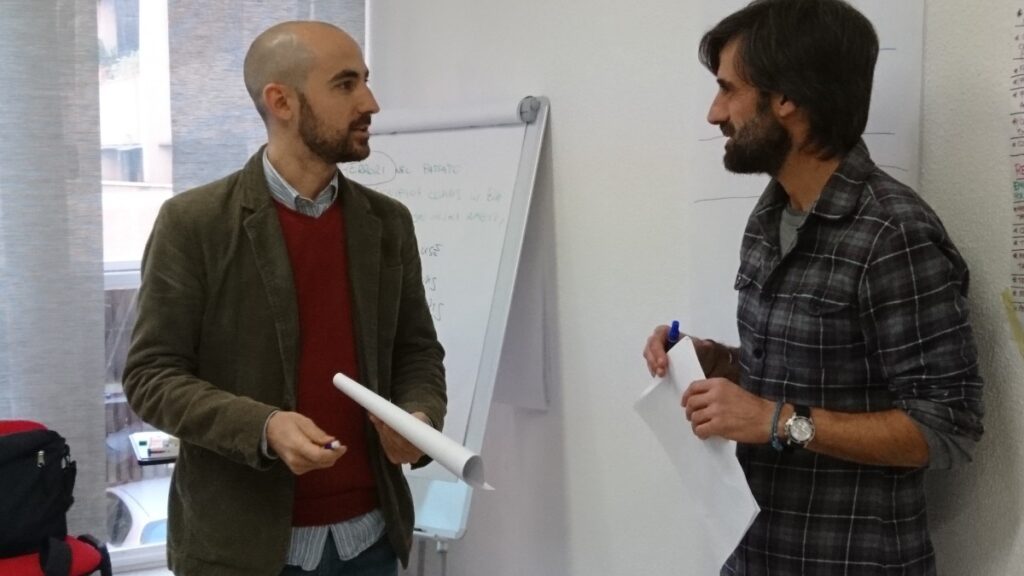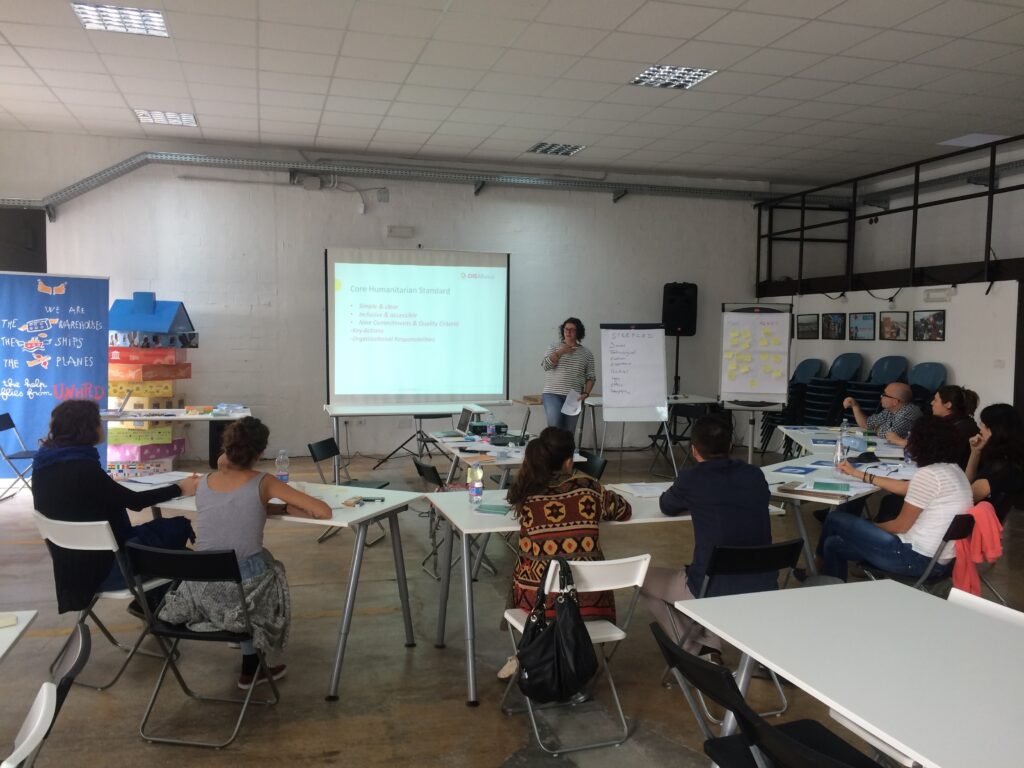by Filippo Ungaro, Master FRAME Director and Communication Manager at Save the Children Italy.
Communication during emergencies is getting more and more important and tactical for Non-governmental organizations. Communication planning has to be a fundamental part of the overall plan of humanitarian emergencies response. And the same thing goes for fundraising. Activities on the field and advocacy need to be accompanied by communication and fundraising. Effective communication strongly contributes to the success of a field operation. Why?
There are many valid reasons. It’s not only about visibility. It’s about being transparent. To account for what is being done. Communicate to our current or potential supporters how we are spending the funds they have provided us. The king of projects we are creating. And mainly make sure beneficiaries are heard during an emergency, when they are vulnerable and might face problems concerning their rights and meeting their needs.
In short, communicating means: telling our supporters and other stakeholders what we are doing; supporting our advocacy work and contributing to the push to get what is right for the beneficiaries from national and local governments, the international community or other actors; involving and mobilising supporters; fundraising. Basically, it means it’s a fundamental part when responding to emergencies.
Of course, this is something that we need to do properly, and doing it properly means having a plan, possibly within the first hours of the emergency. Defining the stakeholders we need to address. What are our objectives and actions. Deciding budget, times and people in charge for each action.
And after that, a coherent implementation of the plan, following some basic principles: respecting people’s dignity; not endangering our work on the field; focusing communication on beneficiaries, their rights and needs; aligning our messages and speaking with one voice.
It is essential to have a thorough preparation, to nominate at least one spokesperson, to gather stories and information from the field, to know how to handle journalists that are “starving” for news. It also means to try to be the first appearing on the media (of course being the first without saying anything of interest is completely useless); being the first means building a favourable ground for media; it means journalists will be contacting us to get news, at least at first.
You cannot improvise all of these things; you need preparation and a professional approach. I always say that communication in Italy is a little bit like football. In football, every single Italian is the best coach (or at least that’s what he/she thinks). In communication, everyone is a great communicator.



